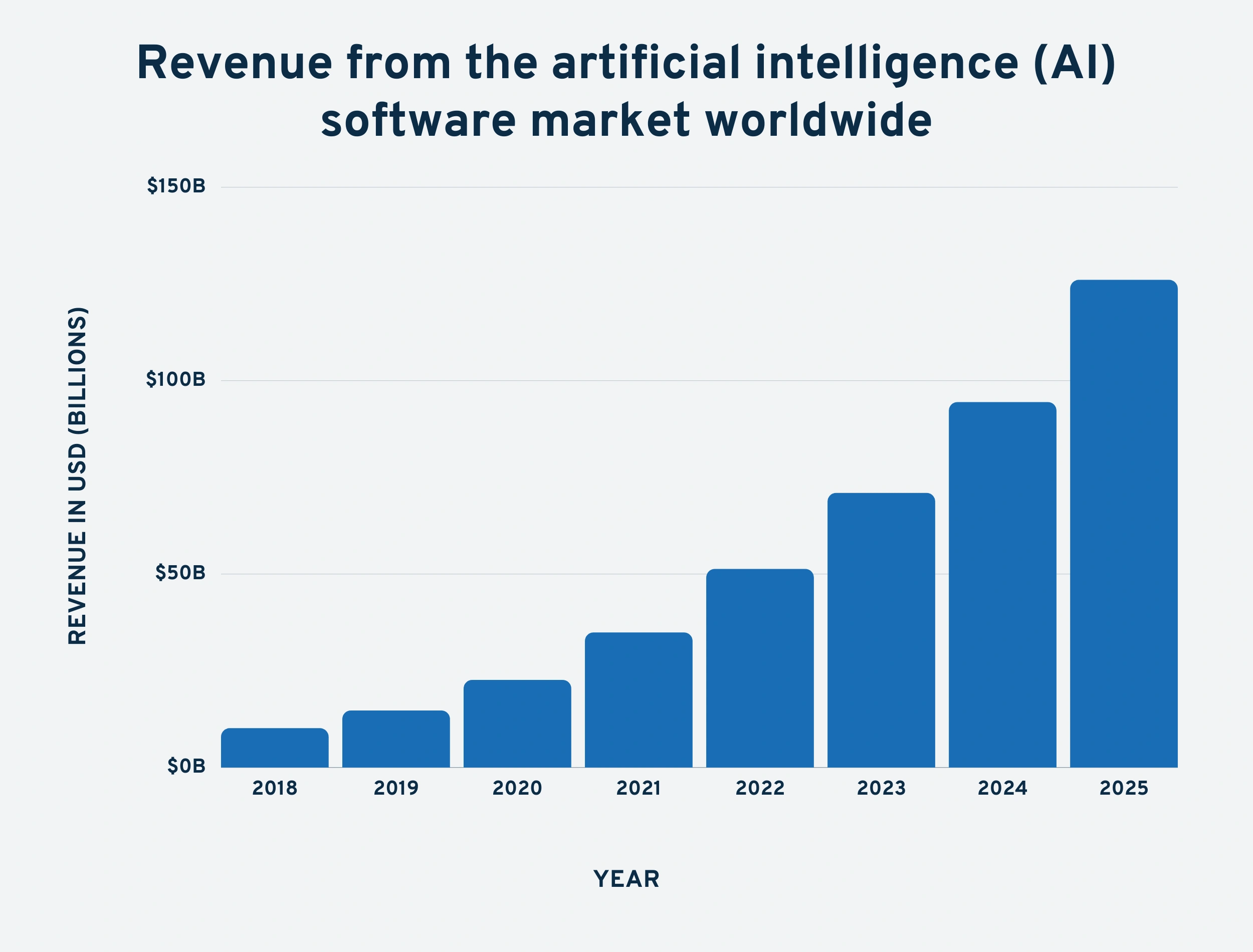OpenAI Facing FTC Investigation: Key Questions And Concerns

Table of Contents
Data Privacy Concerns in OpenAI's Models
OpenAI's models, particularly ChatGPT, are trained on massive datasets of text and code scraped from the internet. This raises significant data privacy concerns.
Data Collection and Usage
OpenAI's data collection practices lack transparency, leading to concerns about unauthorized data usage.
- Sensitive Personal Information: The training data likely includes sensitive personal information, inadvertently scraped from websites and online platforms. This could violate individuals' privacy rights and expose them to risks.
- Lack of Explicit Consent: Users rarely provide explicit consent for their data to be used in training OpenAI's models. This raises questions about the legality and ethical permissibility of such practices.
- Anonymization Challenges: Anonymizing and de-identifying data used in training large language models (LLMs) is exceptionally challenging. Even seemingly anonymized data can be re-identified using advanced techniques, compromising user privacy.
Data Security Breaches and Vulnerabilities
Storing and processing vast amounts of user data inherently carries significant security risks.
- Reported Security Incidents: While not publicly known at this time, the sheer volume of data handled by OpenAI makes it a prime target for cyberattacks and data breaches. Any such breach would have severe consequences.
- Infrastructure Vulnerabilities: OpenAI's infrastructure could contain vulnerabilities that malicious actors could exploit to gain unauthorized access to user data. Robust security measures are paramount to mitigate this risk.
- Importance of Robust Security: Protecting user data requires implementing and consistently updating robust security measures, including encryption, access controls, and regular security audits.
Algorithmic Bias and Fairness in OpenAI's AI Systems
Another major concern revolves around algorithmic bias embedded within OpenAI's AI systems.
Bias in Training Data
The biases present in the vast datasets used to train OpenAI's models can lead to discriminatory outcomes.
- Examples of Bias: ChatGPT and other OpenAI models have exhibited biases related to gender, race, and socioeconomic status, reflecting the biases prevalent in the data they were trained on.
- Detecting and Mitigating Bias: Identifying and removing bias from massive datasets is a complex and computationally intensive task. Current methods are not foolproof.
- Fairness and Equity: Ensuring fairness and equity in the design and deployment of AI systems is crucial to prevent discrimination and promote inclusivity.
Impact of Biased Outputs on Users
Biased outputs from OpenAI's models can have significant negative consequences.
- Unfair or Discriminatory Outcomes: Biased AI can lead to unfair or discriminatory decisions in various applications, from loan applications to hiring processes.
- Legal Challenges: The use of biased AI systems can expose companies to legal challenges and reputational damage.
- Perpetuation of Harmful Stereotypes: Biased AI outputs can reinforce and perpetuate harmful stereotypes, further marginalizing vulnerable groups.
The Future of AI Regulation and the OpenAI Investigation
The FTC's investigation into OpenAI has significant implications for the future of AI regulation.
The FTC's Role in AI Oversight
The FTC has the authority to regulate unfair or deceptive practices, encompassing emerging technologies like AI.
- Previous FTC Actions: The FTC has taken action against companies for violating data privacy and consumer protection laws in the past.
- Potential Penalties for OpenAI: If found in violation of regulations, OpenAI could face substantial penalties, including fines and injunctions.
- Broader Implications: The OpenAI investigation sets a precedent for how the FTC will regulate AI companies and technologies in the future.
Implications for the AI Industry
The FTC's actions will significantly impact the AI industry as a whole.
- Increased Regulatory Scrutiny: Other AI companies can expect increased regulatory scrutiny and pressure to improve their data practices and address algorithmic bias.
- Industry Self-Regulation: The need for robust industry self-regulation and collaboration to develop ethical guidelines is becoming increasingly apparent.
- Impact on Innovation and Competition: Overly restrictive regulations could stifle innovation, while a lack of regulation could allow unethical practices to proliferate.
Conclusion
The FTC's investigation into OpenAI underscores the critical need for responsible AI development and deployment. Data privacy, algorithmic bias, and the broader societal implications of powerful AI technologies require rigorous scrutiny and proactive regulatory measures. The outcome of this investigation will significantly shape the future of AI regulation and the development of ethical guidelines for the industry. Understanding the complexities of the OpenAI FTC investigation is crucial for navigating the evolving landscape of artificial intelligence and ensuring its responsible use. Stay informed on developments in the OpenAI FTC investigation and advocate for responsible AI practices.

Featured Posts
-
 Vingegaards Tour De France Focus After Concussion Recovery
Apr 26, 2025
Vingegaards Tour De France Focus After Concussion Recovery
Apr 26, 2025 -
 Kings Early Birthday Celebration Plans Revealed
Apr 26, 2025
Kings Early Birthday Celebration Plans Revealed
Apr 26, 2025 -
 Sinners How Cinematography Showcases The Mississippi Deltas Expansiveness
Apr 26, 2025
Sinners How Cinematography Showcases The Mississippi Deltas Expansiveness
Apr 26, 2025 -
 Mission Impossible Dead Reckoning Teaser Ethan Hunts Thrilling Return
Apr 26, 2025
Mission Impossible Dead Reckoning Teaser Ethan Hunts Thrilling Return
Apr 26, 2025 -
 The Human Element Microsofts Design Lead On Ais Impact
Apr 26, 2025
The Human Element Microsofts Design Lead On Ais Impact
Apr 26, 2025
